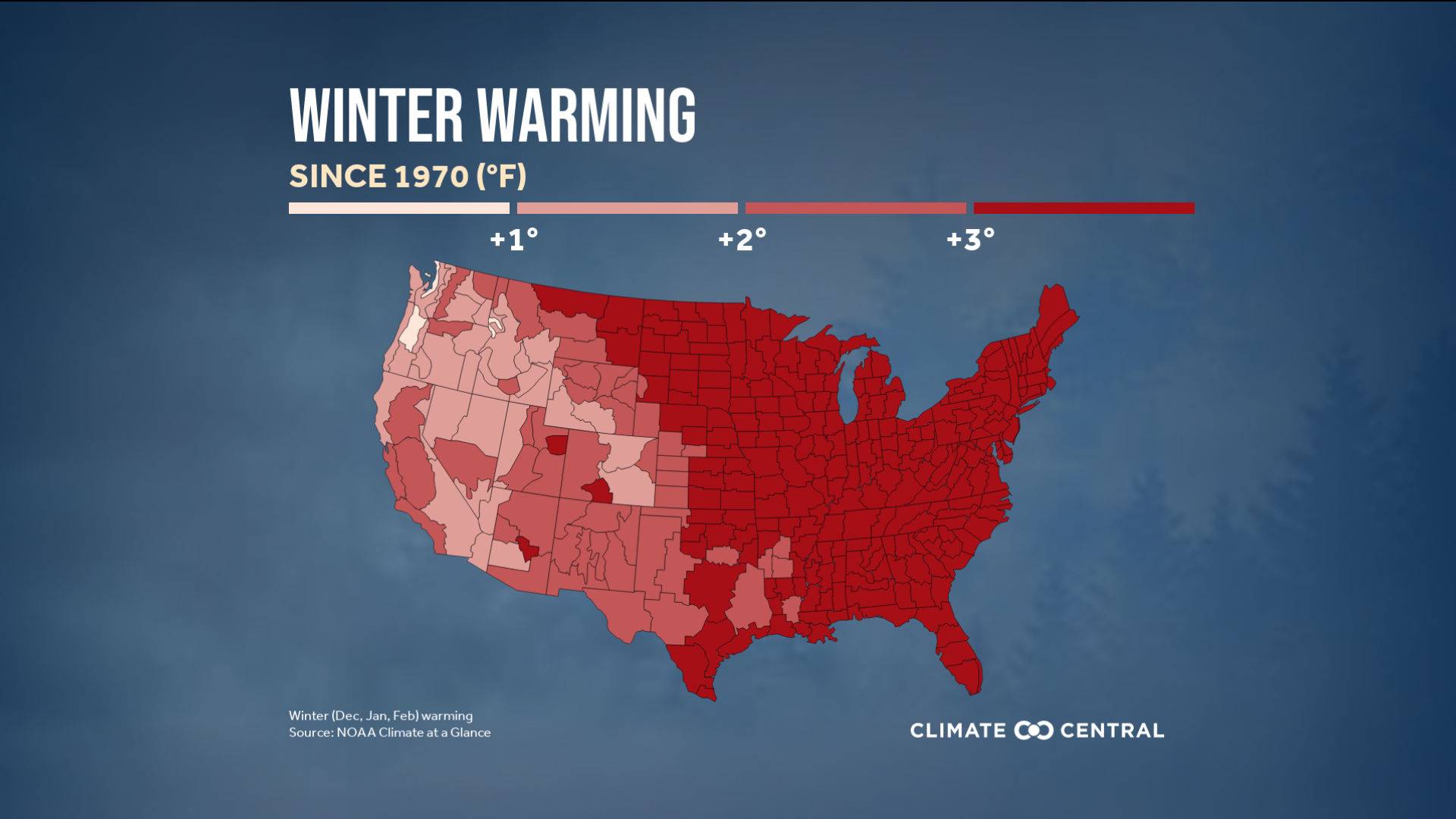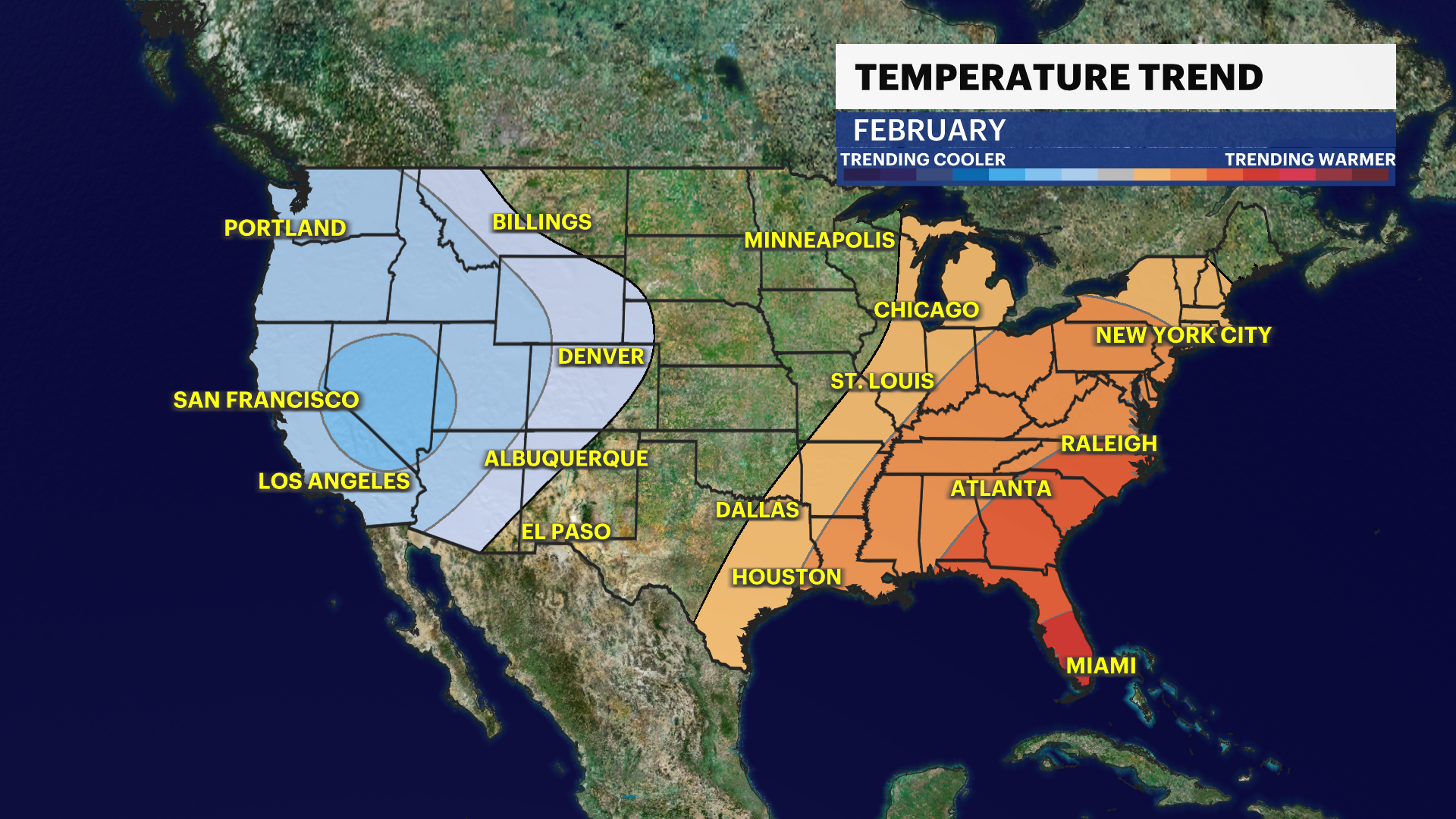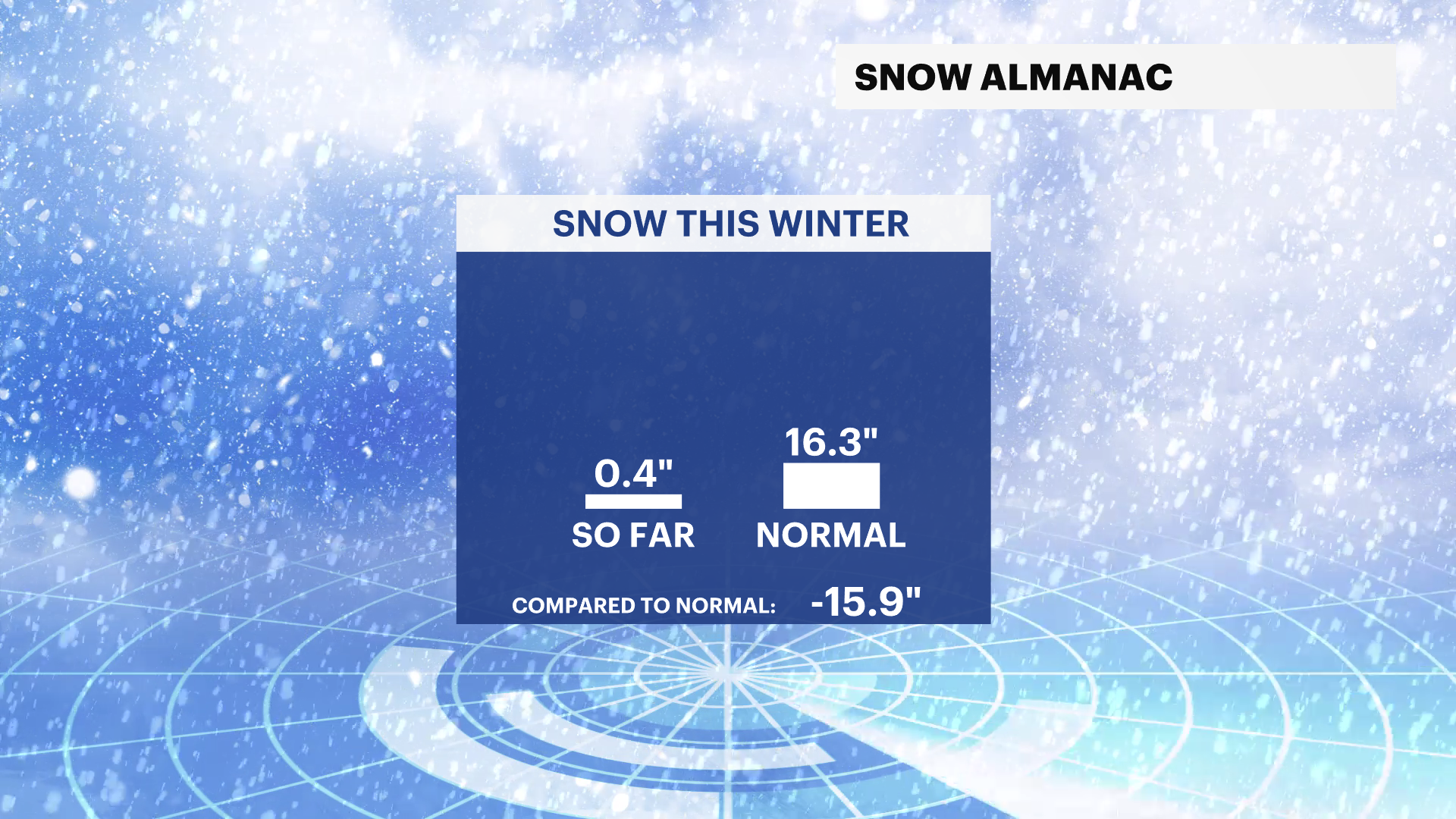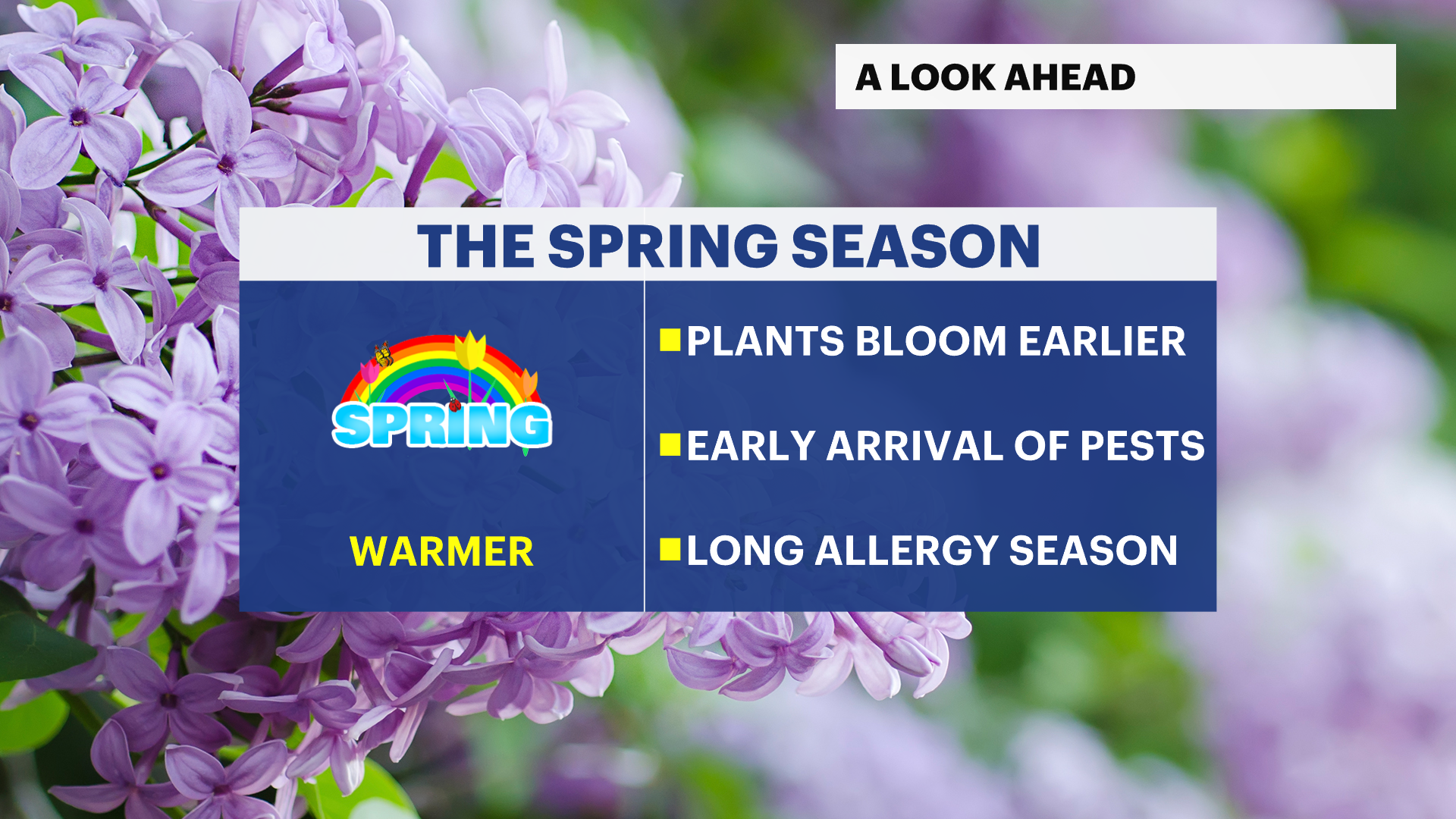Why do we need snow, and what happens if we don’t get it?
A snow drought occurs when there is an extended period of abnormally low snowpack.
Share:
More Stories
2:21

Sunny Sunday on Long Island; a few clouds for Labor Day
4h ago0:32

Patchogue man injures 2 police officers in DWI crash
4h ago0:28

Brooklyn man accused of setting fire at Uniondale laundromat
4h ago0:21

2 teens riding bike struck by car in Centereach
11h ago1:38

Babylon restrictions keep Katch relatively quiet on Labor Day weekend
17h ago0:45

Man accused of stabbing person during argument in Babylon
22h ago2:21

Sunny Sunday on Long Island; a few clouds for Labor Day
4h ago0:32

Patchogue man injures 2 police officers in DWI crash
4h ago0:28

Brooklyn man accused of setting fire at Uniondale laundromat
4h ago0:21

2 teens riding bike struck by car in Centereach
11h ago1:38

Babylon restrictions keep Katch relatively quiet on Labor Day weekend
17h ago0:45

Man accused of stabbing person during argument in Babylon
22h agoWinters are getting warmer. Since the 1970s, New York City average snowfall has been occurring later in the winter season. The coldest and even snowiest time of the year has become a thing of the past. Snowless streaks are becoming more common with New York City breaking the record for the latest measurable snowfall on record. A La Nina pattern during the winter season has brought more rainfall than snowfall to New York City. Even though, rain is beneficial in any season. Why do we need snow and what happens if we don’t get it?

A snow drought occurs when there is an extended period of abnormally low snowpack. A drier or warmer pattern is usually the sign that a snow drought is happening. The lack of snow impacts the economy and culture of winter sports in the Northeast. Shorter and warmer winters suggest that the winter recreation season is likely to become shorter and smaller throughout the Northeast. Snow droughts can also reduce both summer and winter water availability, impacting the water supply for multiple uses in cities. This can present challenges for water management and flood mitigation strategies. According to NOAA, “About one-third of Earth’s land surface is covered by snow for some part of the year. The bright white covering affects global conditions by reflecting solar energy away from surfaces that would otherwise absorb it. Therefore, the earlier decrease in snow cover increases the amount of sunlight absorbed by Earth, and in turn, surface temperatures.” An increase in surface temperatures means that winter conditions are lasting for a shorter period of time and growing seasons are getting longer. What does this mean for the spring season?

Snow provides moisture to soil and plants. On a larger scale, runoff from melting snow helps streams and rivers to supply water for farming and drinking water in rural areas and cities. It’s important to know when and how quickly snow will turn to water because it is essential for forecasting if water from snowmelt will soak into the ground or cause flooding. Also, without a snowpack, brief cold blasts can freeze the soil deeper, causing flooding to occur easier.
There has been only 0.4 inches of snowfall measured in Central Park since December 2022, and above-average temperatures are predicted for the rest of the winter season.

What will we see this spring? Plants and flowers will bloom earlier, an earlier arrival of insects and pests, and even a longer allergy season. If you’re a snow lover or not, snow is beneficial to the environment and without it, there can be ripple effects in the ecosystem.

Your News 12 Storm Watch team of meteorologists has got you covered for the rest of the winter season.
More from News 12
2:01

Parts of Jones Beach go underwater from Hurricane Erin. See the videos.
2:39

VIDEO: Hurricane Erin brings coastal flooding to Long Island
1:27

Nassau and Suffolk counties close beaches, team up for hurricane response
0:50

Town of Oyster Bay preps for rip currents, erosion
1:02

VIDEO: Lightning in Bayport turns the sky a shade of purple
2:43
